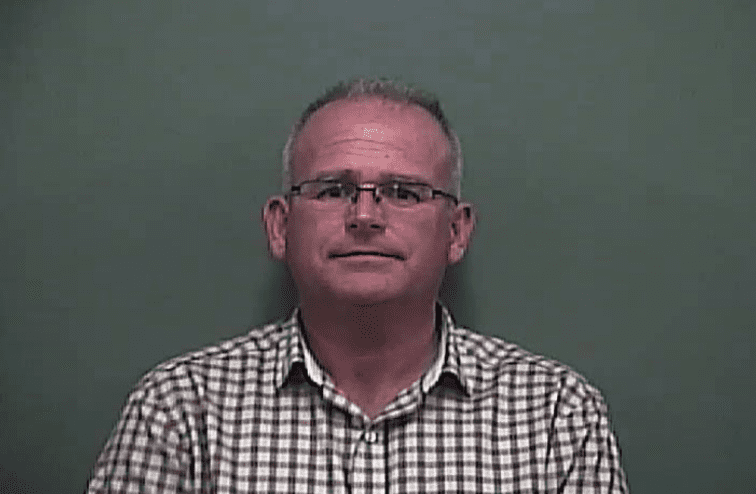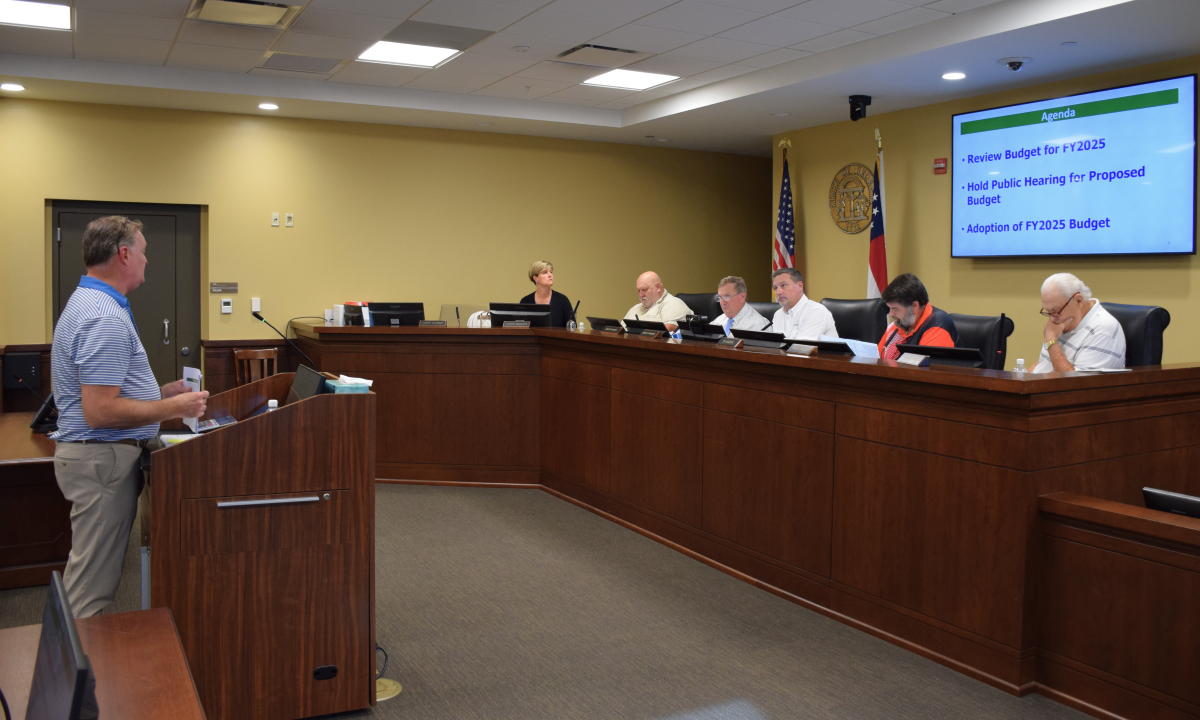
Dozens of people in Georgia who have recently traveled to China are ‘‘self-monitoring’’ for possible symptoms of the novel coronavirus, Public Health officials said Tuesday.
None so far has emerged with symptoms or has warranted being quarantined, said Cherie Drenzek, the state epidemiologist.
“A handful’’ of people in Georgia have been suspected of having the coronavirus, but tested negative for it, Drenzek told reporters after a meeting of the board of the Georgia Department of Public Health.
 She said about 200 people are checking whether they have fever or respiratory problems associated with the virus, which has led to more than 1,000 deaths, all but two of which were in mainland China. This self-monitoring period lasts 14 days.
She said about 200 people are checking whether they have fever or respiratory problems associated with the virus, which has led to more than 1,000 deaths, all but two of which were in mainland China. This self-monitoring period lasts 14 days.
These people are “self-isolating’’ at home, and are showing no symptoms, Public Health said. None is considered to be “high risk” of having the virus.
The CDC says 13 people have been diagnosed in the United States with the infection, which has been called the novel coronavirus and is now officially known as COVID-19.
The death toll has continued to rise in China, where the virus emerged in December.
China reported its highest daily coronavirus death toll Tuesday, with 103 additional fatalities.
The virus is continuing to spread into other countries, and almost 500 of the 43,138 confirmed cases have been detected outside China.
The ‘‘self-monitoring’’ patients are airline passengers who arrived at Hartsfield-Jackson Atlanta International Airport and were determined to have recently traveled to China. Such people were given instructions at the airport on how to check for fever and other symptoms once they returned to their homes, Drenzek said.

The passengers have been told to contact public health officials immediately if they develop symptoms.
No “high-risk’’ travelers – those who have recent visited China’s Hubei province, where the outbreak began – have been identified at the airport, Drenzek said. Pilots and flight attendants who fly to China are exempt from the self-screening procedure.
A recent presidential proclamation required that all flights arriving from China be directed to one of 11 U.S. airports, including Atlanta’s. It also ordered a mandatory 14-day quarantine for returning travelers who have been in Hubei province. The city of Wuhan, located in the province, is the epicenter of the outbreak.
Drenzek said the potential for a global pandemic is high but the risk for most Americans is low. More coronavirus cases are likely to be identified in the coming days, including more cases in the United States, she added.
The state public health lab has received the diagnostic kit to test for the coronavirus, and testing will be available there soon.

SARS, which originated in China and spread globally in 2003, killed about one in 10 people who were infected. So far, the death rate for coronavirus is about 2 percent in China, and that figure might drop as the huge Asian nation counts people with milder cases.
The transmissibility of the coronavirus may be similar to that of the flu or the common cold, said Schuchat, USA Today reported. “It may be with additional cases, particularly if they don’t involve symptoms or very mild symptoms, that it will be very difficult to block the spread,” she said.
The CDC says the overall risk of coronavirus to the general public is low, but the best way to prevent a viral respiratory infection is to follow these steps:
- Wash your hands often with soap and water for at least 20 seconds. If soap and water are not available, use an alcohol-based hand sanitizer.
- Avoid touching your eyes, nose or mouth with unwashed hands.
- Avoid close contact with people who are sick.
- Stay home when you are sick.
- Cough or sneeze into your elbow or use a tissue to cover it, then throw the tissue in the trash.
- Clean and disinfect frequently touched objects and surfaces.







